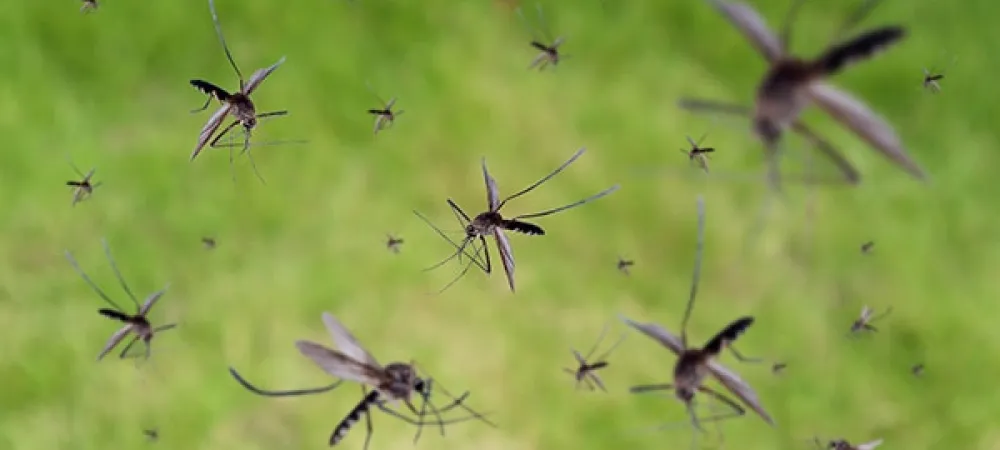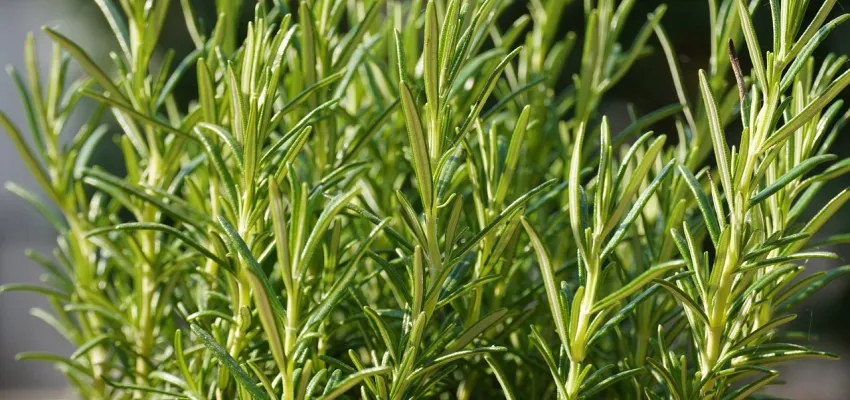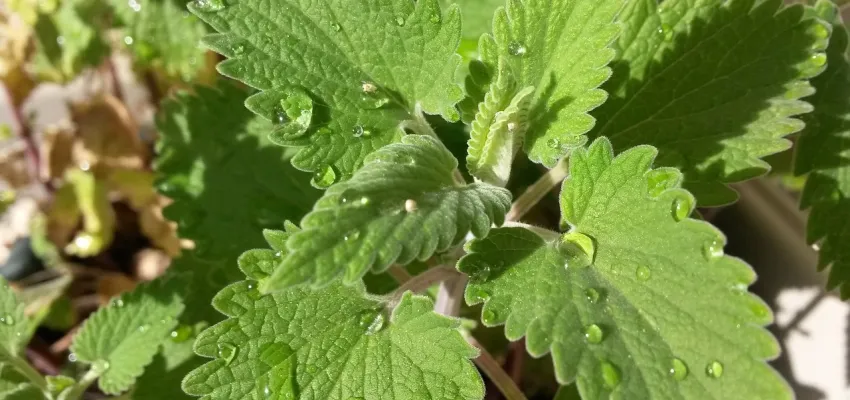Top Mosquito Repellent Plants in Florida

Ever notice how one warm Florida evening can go from relaxing to relentless—thanks to mosquitoes? You're not alone. While repellents and traps offer short-term relief, there's a quieter, more natural way to keep these buzzing nuisances at bay: mosquito-repellent plants.
Where Do Mosquitoes Live in Florida?
Mosquitoes aren’t just annoying—they’re strategic. They seek out moisture, shelter, and standing water to breed. Florida’s subtropical climate makes it a paradise for their reproduction cycle.
Common mosquito breeding grounds in Florida:
- Ponds, swamps, and marshes. Natural havens for mosquito larvae.
- Tree holes and woodland pools. Perfect for Aedes mosquitoes, which also transmit disease.
- Containers that hold rainwater. Think: flowerpots, old tires, buckets.
- Clogged gutters and storm drains. Hidden, stagnant pools ideal for egg-laying.
- Bird baths and pet bowls. If left unattended, they become mosquito magnets.
Now that you know where they hide and multiply, let’s dig into the plants that help fight back—naturally.
1. Citronella

A staple in natural insect repellents, citronella is a tropical grass that has earned its reputation for keeping mosquitoes away. The plant releases a strong lemon fragrance, which interferes with the mosquito’s ability to detect human scents—its main target when hunting for a meal.
Why it works:
- Its strong lemony scent masks human odors that attract mosquitoes.
- The oils released when leaves are crushed offer extra protection.
Grow it best:
- Plant in full sun with well-draining soil.
- Ideal for USDA zones 10–11 (perfect for South Florida).
- Looks great in large planters on patios and porches.
2. Marigolds

These bright annuals do more than add color to your landscape—they're natural defenders against garden pests. Marigolds release a scent that contains pyrethrum, a compound frequently used in organic insecticides, making them a practical and pretty choice for mosquito control.
Why it works:
- Contains pyrethrum, a natural insect repellent that targets mosquitoes and garden pests alike.
Other benefits:
- Also repels aphids, nematodes, and tomato hornworms.
- Easy to grow from seed and thrives in Florida’s sun.
3. Lemongrass

If you want a dual-purpose plant, lemongrass is a top contender. Not only does it serve as a flavorful herb in Southeast Asian cuisine, but its high citronellal content gives it mosquito-repelling power similar to citronella. Its tall, arching leaves make it a dramatic addition to borders or pots.
Why it works:
- Emits a potent citrus scent that disrupts mosquito sensory perception.
Best use:
- Grows up to 4 feet tall, ideal for border planting or container gardens.
- Bonus: Use it to season soups and stir-fries.
4. Lavender

Though not native to Florida, lavender can thrive in well-drained soil and sunny locations, especially in North or Central Florida. Known for its fragrant purple flowers, this plant repels mosquitoes while offering the added bonus of attracting pollinators like bees and butterflies.
Why it works:
- Its fragrance deters mosquitoes, fleas, and moths.
- Acts as a natural aromatherapy agent—garden relaxation meets function.
Grow tips:
- Needs well-drained soil and full sun.
- Best in raised beds or containers in Central and North Florida regions.
5. Rosemary & Basil

These kitchen staples do more than flavor your meals—they’re natural deterrents for mosquitoes and flies. Both herbs contain aromatic oils that can reduce mosquito activity, especially when leaves are brushed or bruised, releasing their powerful scents into the air.
Why they work:
- Both herbs give off intense scents that mask mosquito-attracting smells.
- The oils released during heat or contact disrupt mosquito tracking.
Added perks:
- Basil can double as a natural fly repellent.
- Rosemary thrives in sandy soil and withstands salt air near coastal areas.
6. Catnip

Often thought of only as feline entertainment, catnip is surprisingly effective against mosquitoes—more so than DEET in some lab tests. Its active compound, nepetalactone, is a powerful repellent, making this herb a great choice if you're willing to share space with a few extra cats.
Why it works:
- Contains nepetalactone, a compound shown to be more effective than DEET in some studies.
Keep in mind:
- Highly attractive to cats, so expect furry visitors if planted openly.
- Grows easily with minimal care in partial sun to full light.
7. Chrysanthemums

Chrysanthemums are not only striking in appearance but pack a punch when it comes to pest control. They're one of the few ornamentals that contain pyrethrum, a key ingredient in many natural insecticides used to fight a wide array of household and garden pests.
Why it works:
- Also contains pyrethrum, a go-to insecticide in natural formulations.
- Targets mosquitoes, ticks, and even roaches.
Best use:
- Plant near entryways, patios, or seating areas to create a colorful barrier.
- Works well in combination with other mosquito-repellent plants.
Get Help From the Professionals
Integrating these plants into your landscape doesn’t just reduce mosquito populations—it enhances your environment. The beauty, fragrance, and functionality create a space where humans thrive and mosquitoes struggle.
When you pair mosquito-repellent plants with smart landscaping—like removing standing water and trimming overgrowth—you tip the balance in your favor.
Are you struggling with mosquito populations on your property? Our mosquito control service can help drastically reduce populations on your lawn, leaving you able to enjoy it again. Contact us today to get started!
